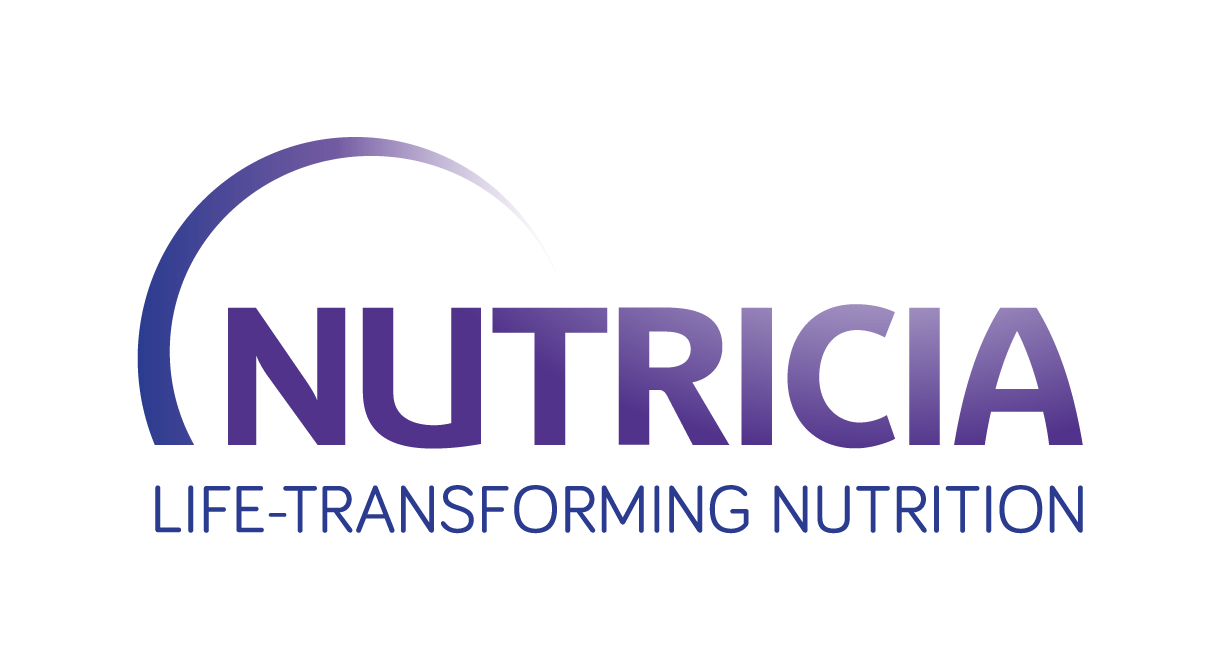Infantile growth is often described as a "mirror of health," reflecting both the well-being of individual infants and the overall health of a population. Recognizing and managing instances of faltering growth are crucial for optimizing patient outcomes and promoting community health.
Professors Atul Singhal, Koen Joosten, Koen Huysentruyt, and Dr. Rosan Meyer have collaborated to develop a comprehensive e-learning course aimed at providing healthcare providers with the knowledge and skills needed to understand and manage faltering growth in infants and children under 2 years of age. This course covers the presentation, identification, and management of faltering growth, equipping participants with practical tools to address this critical aspect of pediatric care.
This expert e-learning course meets rigorous standards for quality and relevance in the field. Upon completion of the training, healthcare providers will be able to define faltering growth, recognize its consequences, interpret growth charts, and implement evidence-based management strategies effectively.
Enhance your clinical practice and stay updated with the latest advancements in pediatric nutrition and growth management by enrolling in this accredited e-learning course today.
This course has been accredited by the European Accreditation Council for Continuing Medical Education (UEMS-EACCME®) with 1 European CME credit (ECMEC®). This accreditation certifies the quality and relevance of the educational content.
This eLearning course has also undergone review and approval by the American Society for Parenteral and Enteral Nutrition (ASPEN).
Do you need support?
Contact our team for guidance on the use and composition of our product range, to get in touch with your local Nutricia representative.
We are available Monday to Friday 9am-5pm (except Philippine Holidays)

Important Notice
Breastfeeding is the best form of nutrition for infants and provides many benefits to babies and mothers. In preparation for and during breastfeeding, it is important to maintain a healthy and balanced diet. Combined breast and bottle-feeding in the first weeks of life may reduce the supply of breast milk, and reversing the decision not to breastfeed is difficult. The social and financial implications of not breastfeeding should be considered. All preparation and feeding instructions must be carefully followed, as improper preparation could pose in health risks to the baby. Always consult a healthcare professional for advice on infant feeding and use the products under medical supervision after considering all feeding options.
You are about to leave Nutricia Export B.V. (“Nutricia”)’s landing page and access the third-party website.
Before you proceed, we want to inform you of the following:
1. The third-party website you are entering is not operated or controlled by Nutricia.
2. Nutricia is not responsible for the content, services, or products offered on the third-party
website.
3. Any transactions or interactions you have on the third-party website are solely between you and the third party.

